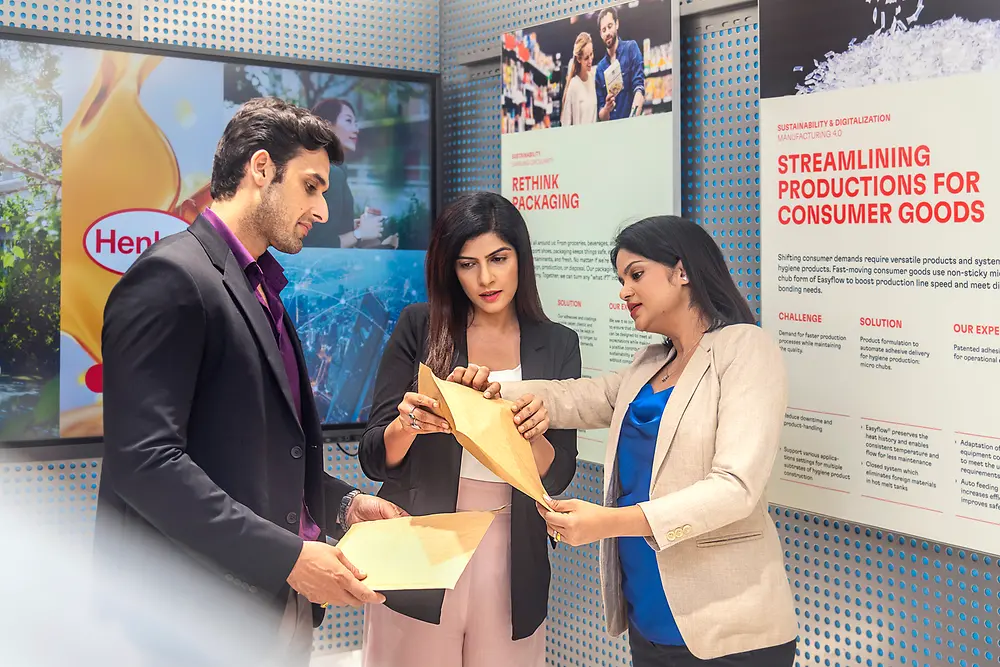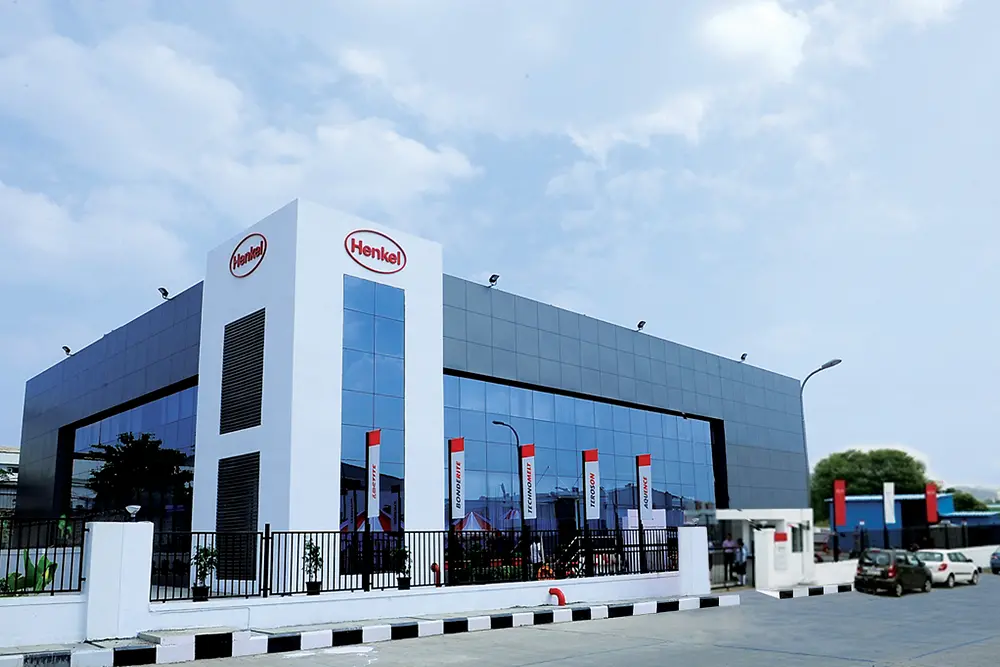As an important player and partner in society, companies have the potential to drive transformational change. Alongside payments in the form of salaries and taxes, businesses contribute to promoting economic and social development as employers, purchasers and investors. They can also accelerate the transformation to a sustainable economy by creating innovative technologies and products.
We recognize that we can only achieve our ambition of transformational change by thinking in systems. With us, our stakeholders also recognize their position in times of change. That is why we collaborate with our partners along the value chain, with communities, with policymakers and the entire corporate world to drive systemic solutions forward.
We are committed to driving transformational change by creating more value for our stakeholders, developing our business successfully, and acting sustainably for the benefit of current and future generations. We link our 2030+ Sustainability Ambition Framework to the high aspiration of achieving a “Transformational Impact for the Good of Generations“. It sets the frame for our global sustainability strategy.
It is up to all of us to bring this strategy to life. We bring different perspectives together in pursuit of one common ambition. By entering strong partnerships and supporting initiatives, we can accelerate the transformational change and develop innovative products and technologies that improve quality of life for people and communities, while also protecting the future of our planet. In the process, we also support the United Nations Sustainable Development Goals (SDGs), on the one hand through our broad product portfolio and our presence in a large number of markets, and on the other hand through our many years of intensive work on a wide range of sustainability issues.
In times of transformational change and changes our corporate values and enduring commitment are a reliable constant. At the same time, we dedicate ourselves to identifying new opportunities to create impact. And we thrive to continue to be an impactful driver of this transformation.




